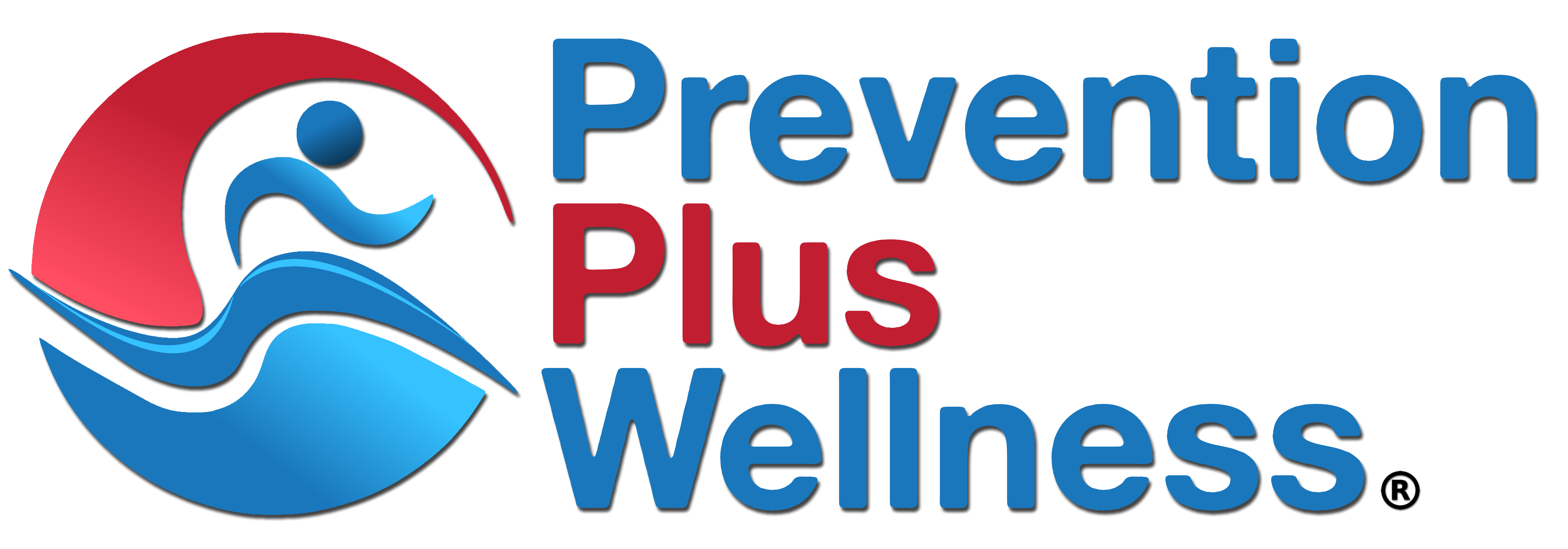Every substance use prevention specialist should read this free booklet written by Joe Neigel and published by the Washington State Care Authority.
Prevention Tools is an excellent prevention resource that, as the title indicates, highlights both what works and what doesn’t in the prevention of substance use among youth.
As stated in the booklet, “Knowing what works in prevention, and what doesn’t, is vital to keeping young people from developing serious and life-long issues with addiction.”
While the prevention field has matured and learned from past mistakes, sadly, I still see some of these same mistakes being made over and over again even today.
For example, we now know that all prevention programs are not equally effective, yet schools and communities continue to use programs that have been shown to be lacking in evidence of their effectiveness, or worse, using strategies proven to be ineffective or even dangerous.
Professionally and ethically speaking, prevention and health specialists must use the latest knowledge of what works in selecting evidence-based programs and practices in lieu of interventions and activities that lack evidence and could actually be harmful to young people.
This excellent booklet lays out easy to understand and very helpful recommendations on the do’s and don’ts of prevention practice.
Under the “Do’s” category, topics covered include:
- Evidence-based Program Registries
- Innovation and Principles of Effectiveness
- Effective Prevention Strategies for Children, Adolescents & Families
- Effective Prevention Strategies within Programs
Under the “Don’ts” heading, this booklet describes counterproductive strategies including:
- Fear Arousal-Scary Images and Scare Tactics
- One-time Assemblies and Events
- Personal Testimony from People in Recovery
- Mock Car Crashes
- Reinforcing Exaggerated Social Norms
- The Illusion of Truth Effect: Myth Busting
- Drug Fact Sheets and Knowledge-based Interventions
- Role Play that Conditions Youth to be Drug Users or Dealers
- Moralistic Appeals
- Grouping At-Risk Youth Together
I highly recommend anyone who works in the prevention field or spends any amount of time with youth read this short but critical information-packed booklet.
It is a resource that will equip you and other professionals and adults with knowledge to avoid repeating past mistakes that not only waste time and money but can inadvertently harm youth in the name of “wanting to do good.”
Download the Prevention Tools booklet: https://www.theathenaforum.org/best-practices-toolkit-prevention-tools-what-works-what-doesnt
